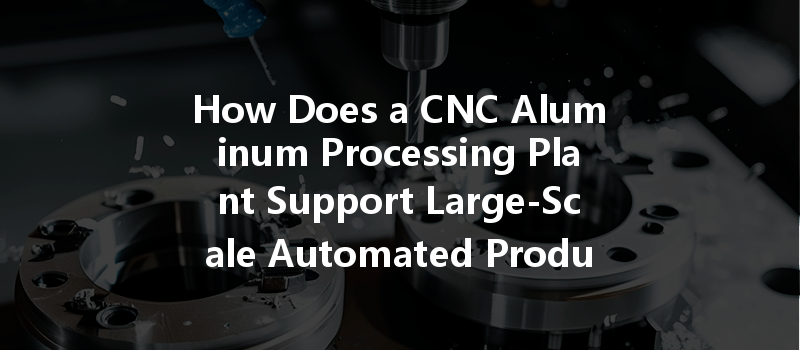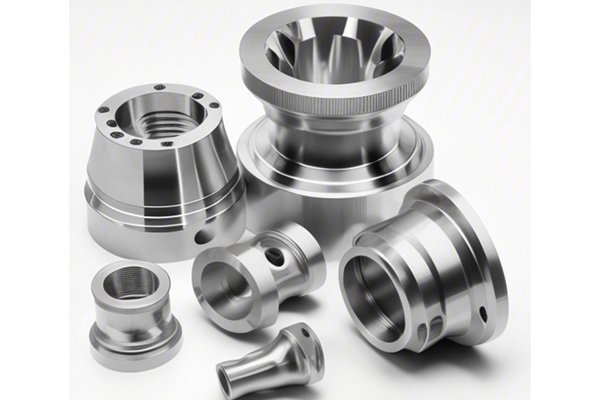Did you know that the demand for aluminum is projected to reach nearly 100 million metric tons by 2025, thanks in large part to its lightweight properties and corrosion resistance? This surge in demand places immense pressure on CNC aluminum processing plants to not only meet production needs but also to enhance efficiency, reduce costs, and ensure quality output. As the industry pivot towards automation grows stronger, understanding how CNC (Computer Numerical Control) technology can support large-scale production is crucial for manufacturers, project managers, and stakeholders alike.
In this blog post, we will unravel the intricate systems and strategies employed by CNC aluminum processing plants to enhance their operational efficiency. From the integration of cutting-edge technologies to workforce training and lean manufacturing practices, we will delve deep into how these plants can maintain a competitive edge in an ever-evolving marketplace.
Understanding CNC Aluminum Processing
What Is CNC Machining?
CNC machining refers to the automated control of machining tools by means of a computer. In the context of aluminum processing, CNC machines can cut, mill, and shape aluminum components with high precision. The incorporation of CNC technology has proven invaluable, allowing manufacturers to produce parts that adhere to exacting tolerances and specifications.
Why Aluminum?
Aluminum is favored across various industries due to its remarkable properties, including:
Given these advantages, it’s no wonder that CNC aluminum processing plants are seeing increased activity.
The Role of Automation in CNC Aluminum Processing
Streamlining Production Processes
Automation in CNC aluminum processing plants enhances the efficiency of various production processes:
Enhancing Design Flexibility and Precision
The flexibility of CNC technology also allows for rapid adjustments to designs, which is invaluable for custom orders or prototyping. CAD (Computer-Aided Design) software can be integrated with CNC machines to create complex shapes and intricate designs that would be impossible or too costly to achieve through traditional methods.
Best Practices for Large-Scale Automated Production
Lean manufacturing focuses on minimizing waste without sacrificing productivity. By embracing lean practices, CNC aluminum processing plants can drastically improve efficiency. Here are key strategies:

Automation can only be fully realized if the workforce is adequately trained:
To ensure that equipment operates at peak performance, a robust maintenance schedule is essential:
Integrating Advanced Technologies
The integration of robotics into CNC processes can enhance productivity and quality:
Advanced CAD/CAM software facilitates the design and manufacturing processes:
In summary, the transition towards large-scale automated production in CNC aluminum processing plants is not just a trend; it is a necessity. The combination of advanced technologies, lean manufacturing principles, skilled workforce training, and proactive maintenance are key factors that contribute to increased efficiency and productivity.
As we navigate through an exciting time in manufacturing, understanding these elements will be critical for those looking to stay ahead in a competitive landscape. Whether you are a manufacturer, project manager, or industry insider, adopting these practices will empower you to meet the growing demand for aluminum products while optimizing production capabilities.
Reflecting on the future, the need for efficient and sustainable manufacturing practices will only grow. As such, remaining aware of innovations in CNC technology and production methodologies will be crucial. Ultimately, supporting such advancements today positions us for success tomorrow, making this blog a vital resource for professionals aiming to thrive in the aluminum processing industry.






